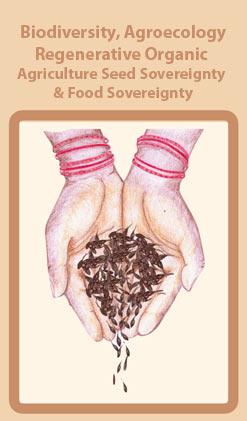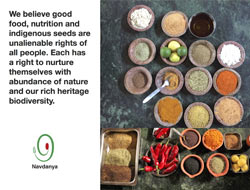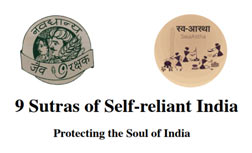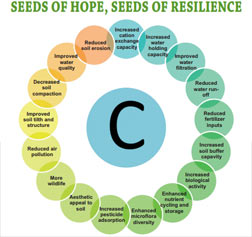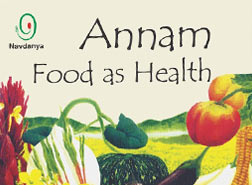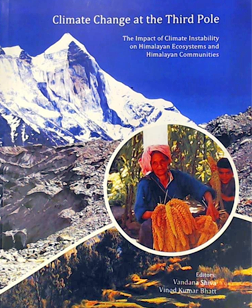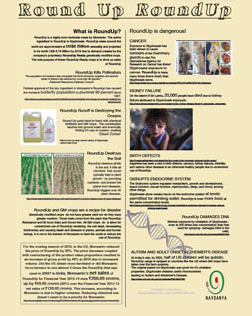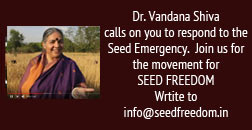Activists want ban on use of organo-chlorine pesticide compounds in farming
Vibha Sharma/TNSNew Delhi, July 7Food, which ideally should be the source of health and energy, has become a threat to lives because of high levels of poisonous chemical toxins, activists claim.
Quoting studies, Vandana Shiva, founder of Navdanya, a network of seed keepers and organic producers, says very high levels of organo-chlorine compounds have been found in human blood, human milk and human fat samples in India as compared to the rest of the world.
Around 51 per cent of food commodities were contaminated with pesticide residues with 20% contaminated with pesticide residues above the maximum residue level, while worldwide studies found only 21% of samples contaminated with pesticide residues with only two per cent above the maximum residue level.
“This shows the quality of food India is consuming,” said Shiva, who today released Navdany’s report on the hot political topic of land acquisition “Corporate Hijack of India” at a conference on “Poison free food: Organic farming for health and safety”.
“There can be no food security without recognising farmers’ rights to their land and people’s right to poison-free food,” she said. Details of deliberations at the day-long meeting would be forwarded to the government. Activists are also putting together available data to prove how “poisonous” the daily food is.
They blame the government for working in favour of the pesticide industry by ignoring warnings. “All data on safety comes from the industry, which is trying to spread the myth that chemical farming is safe. There is a UN ban, SC ban and Kerala government ban on endosulfan, but we have to wait the report of the Indian Council for Medical Research (ICMR) report before the final decision,” she said, adding that there was enough scientific proof to prove the case against the pesticide.
The SC on May 13 banned the manufacture, sale and use of endosulfan throughout the country citing its harmful effect on health. The court has also ordered the government to come up with safer and cheaper alternatives of the pesticide and decide on how existing stocks have to be destroyed.
ORGANO-CHLORINES
Organo-chlorine pesticides are insecticides composed primarily of carbon, hydrogen, and chlorine. These break down slowly and can remain in the environment long after their application and in organisms long after exposure
Kasargod’s malady
Kasargod, the beautiful northernmost district of Kerala, has over the years become the Ground Zero for the fight for ban on endosulfan.
Burdened with serious health problems following aerial spraying of endosulfan over cashew plantations, Endosulfan Campaign activist Sudheer say the district is now facing a social problem with people from outside refusing to marry boys and girls from Kasargod.
Between 1976 and 2000, more than 50,000 villagers of Kasargod district have been exposed to endosulfan, an organic pesticide sprayed on cashew plantations owned by Plantation Corporation of Kerala.
According to Ravinder Nath Shanbaug, a retired professor from Manipal University who is now doing medical studies on victims, endosulfan has killed more than 1,000 persons. More than 9,000 persons affected by the pesticide have been identified in Kasargod with over 4,800 patients suffering from debilitating diseases, including hormonal and enzymatic imbalance, mental retardation, cerebral palsy and cancer.


